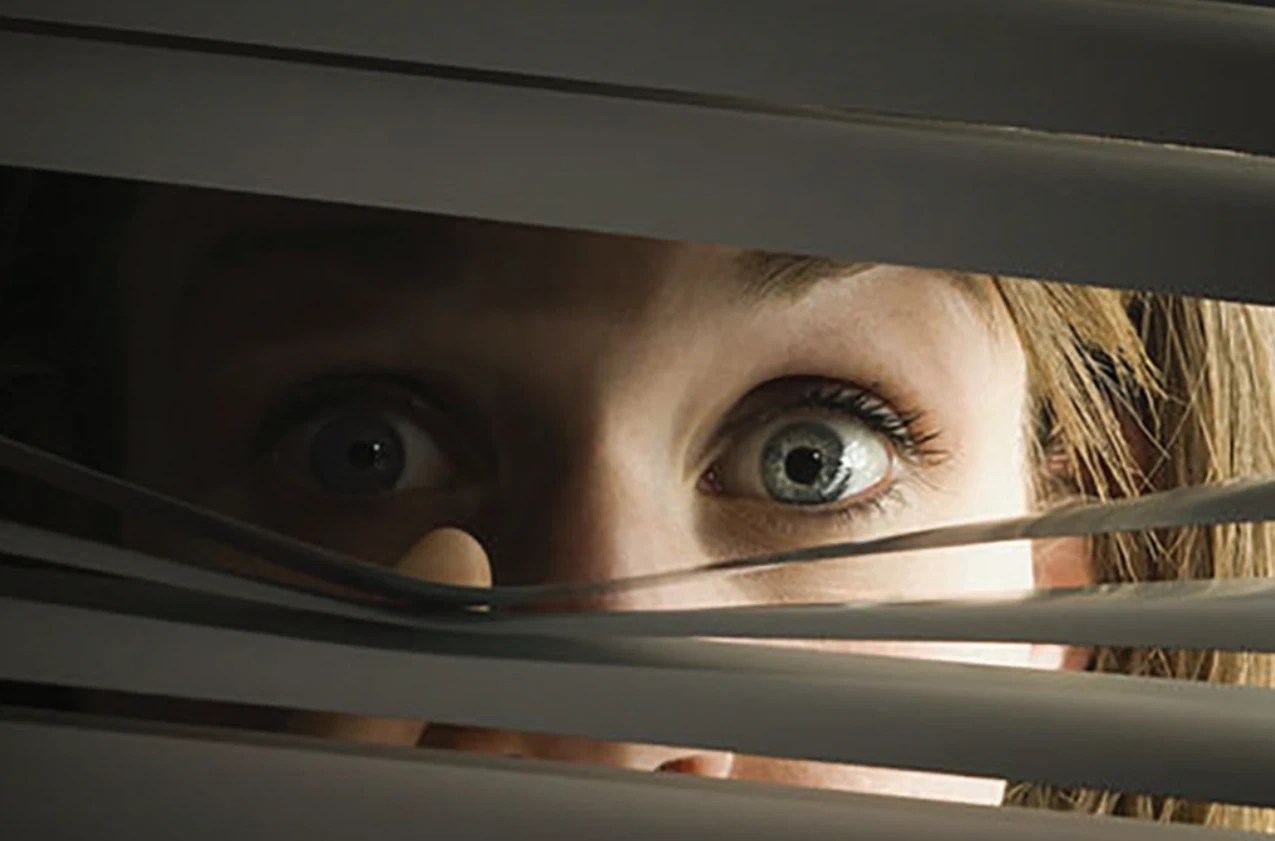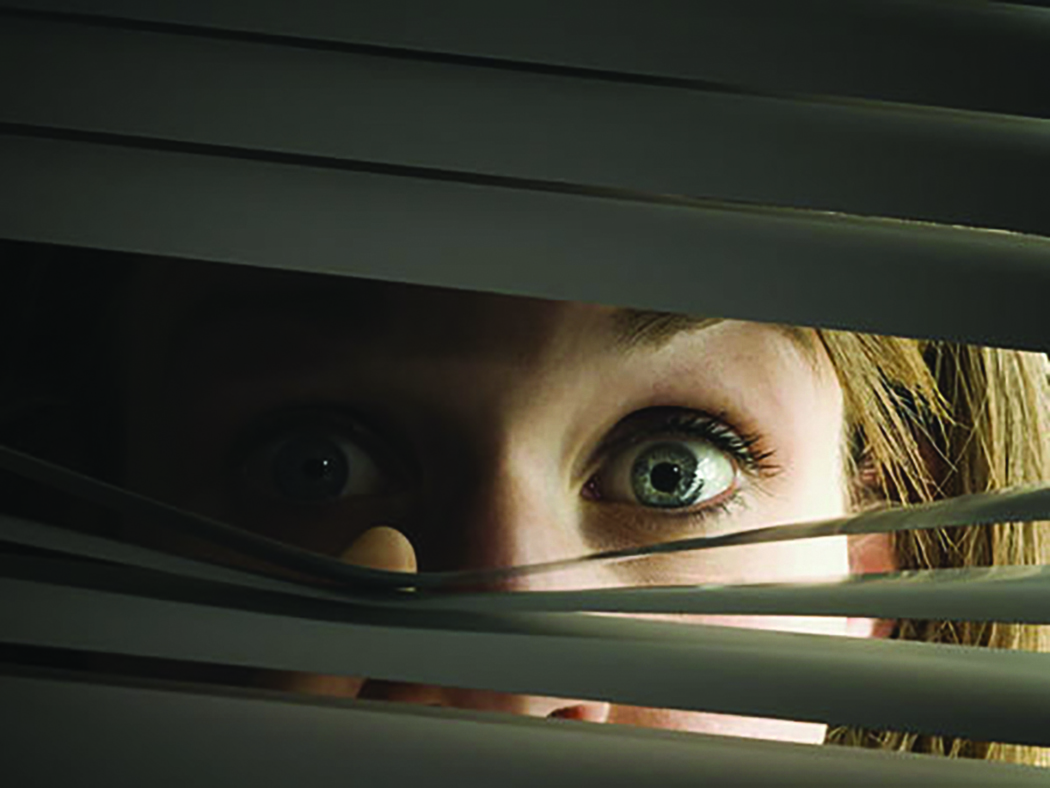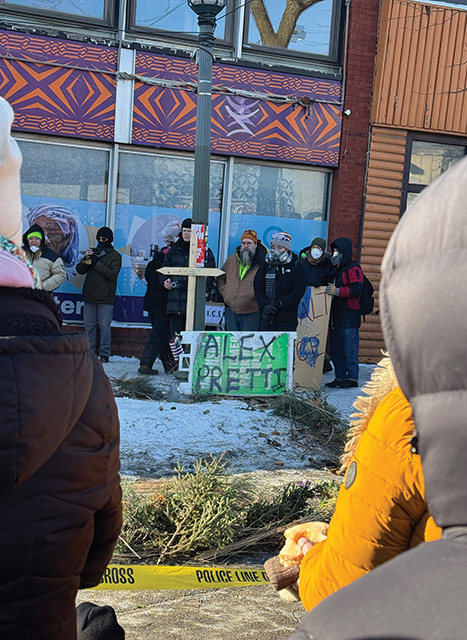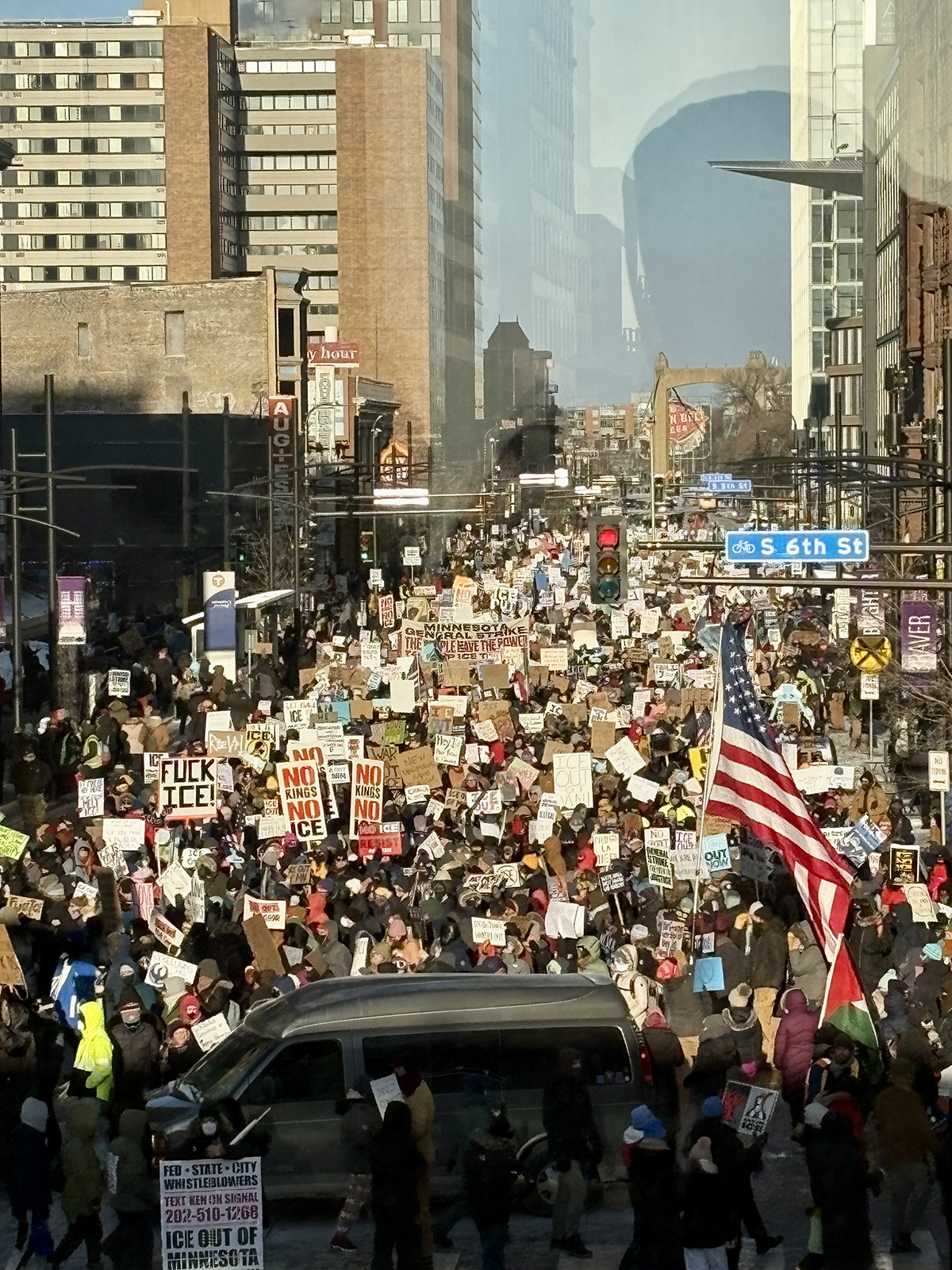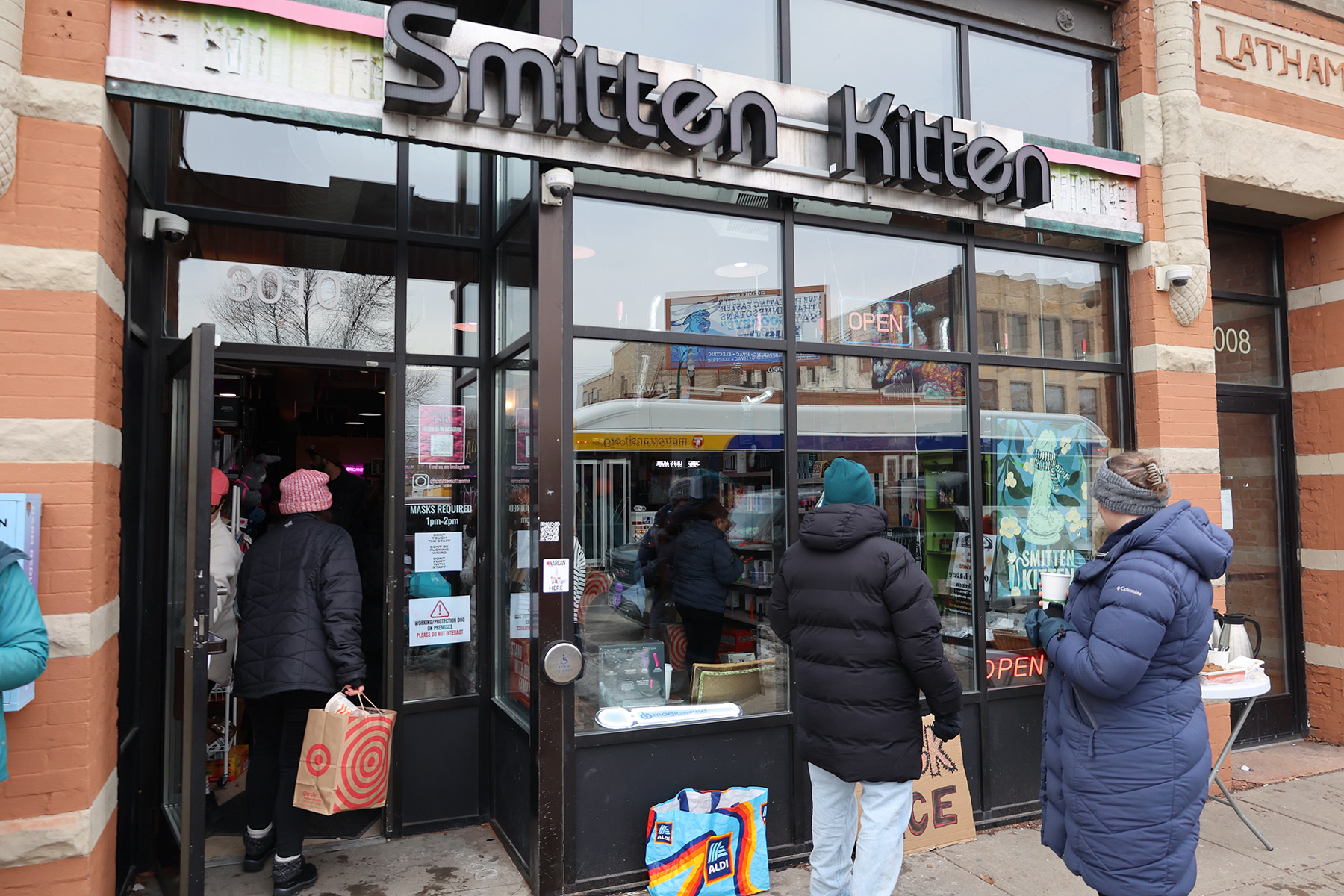Dear Neighbor,
Ah, July.
The days are warm, if not hot, sunny and long. School’s out, and fun is in! Until it’s shattered by those two little words every parent invariably hears: I’m bored.
I grew up on a farm outside of Northfield and, while I sometimes decried not living in town surrounded by friends to play with at the drop of a hat (our closest neighbors lived a quarter mile away and didn’t have any kids) I learned early that boredom is like thirst: Both universally and recurrently crop up. They’re uncomfortable. And both are a call to action. Infants get their needs met by an attentive parent; as they grow and mature, they learn, if they’re lucky, where their metaphorical spigot is and drink.
Just as plants need water to grow, people need agency, adventure, challenges and learning to thrive.
It was the summer after first grade when I told my mom, who was scrubbing the kitchen sink, that I was bored.
She looked at me as though I’d just sprouted a third foot. “You are? How can you be bored when there’s always so much to do?” I asked if she was ever bored and received the same look (cue the fourth foot).
She then gave me one of the wisest directives ever: “You live on a farm, Dorothy. Go explore.”
She could have said, “Go watch TV,” but that would be replacing boredom with boredom — diversion, yes, but little to no opportunity for growth.
Maybe she’d waited until I was old enough to go out on my own or maybe she was just sick of providing entertainment.
TV was not an option.
Of course, we had one — a big, square Zenith in the living room, one of the least-used pieces of furniture in the house. I knew it showed “Captain Kangaroo” in the morning (no longer interesting), the news at night, Bishop Sheen on Sunday, and that was it. Rules were rules in our house: I’d no more turn on the TV myself than take a tractor out for a joyride.
That little exchange changed me forever. I went outside, looked around: barn, milkhouse, machine shed, cow yard, hog house, chicken coop, corn crib, granary, garden — and this was just what I saw from the back steps. Beyond my eyes were hundreds of acres growing crops.
Suddenly, everything familiar was brand new. I realized it was all ours, and I was heiress to this kingdom of soybeans and cornfields, outbuildings, livestock, machinery, tools, manure spreaders, stray dogs and cats . . . .
And so, I set out. First, the barn where there were cows, then the hog house, then, when I didn’t feel the need for company, I expanded my search. The days rolled on and each morning I’d get up, plotting the day’s quest as I brushed my teeth. Haymow sounds fun. Maybe the granary. Oh! That chicken coop which hasn’t housed poultry in years would make a fine playhouse. And, yes, it did: an entire day to clean, several more for interior decoration, a sanctuary from then on.
Sometimes my siblings joined me, sometimes not. I was good to go with company or without.
One day I biked to the dump, a hollowed piece of land half a mile up the back road that neighboring farmers used. I’d been there before with my dad, riding along in the truck to drop off junk. But now it was my dump, the Promised Land. I went there often, always with a few cookies in my bike’s basket. Like a budding archaeologist, I’d paw through the broken and discarded items looking for treasures.
One day I discovered a whitish rock, the size of a small watermelon, only pocked and knurly. Beneath layers of mud, I could see its beauty, took it home in the basket, hosed it off, and declared it a diamond.
One day it rained — a downpour! I was bereft, stuck inside. But by then I knew that boredom was my responsibility, nobody else’s. I sat on the front porch, joined by my mother, who loved a good storm and would drop everything to enjoy it.
She’d get out the World Book Encyclopedia and read aloud about storms. Or butterflies. Or she’d just open a page and read that. I inherited land, a solid work ethic and discipline from my father; from my mother, boundless curiosity.
Back at school in September, we were asked to tell the class about our respective summers. When it was my turn, I talked about exploring the farm, sliding down bales in the haymow, witnessing calves and puppies being born and, of course, the dump. When I got to the part about watching my uncle castrate pigs, Sister Joachim — pun intended — cut me off.
Summer of wonder, it was.
— Dorothy
